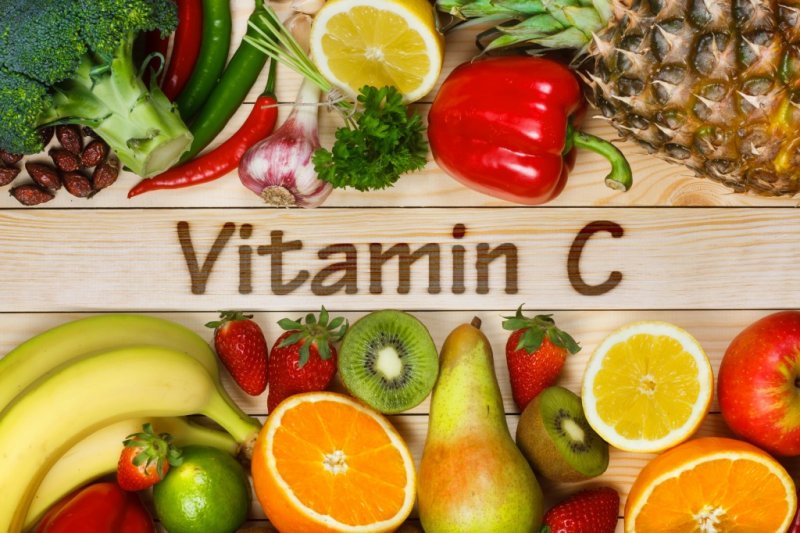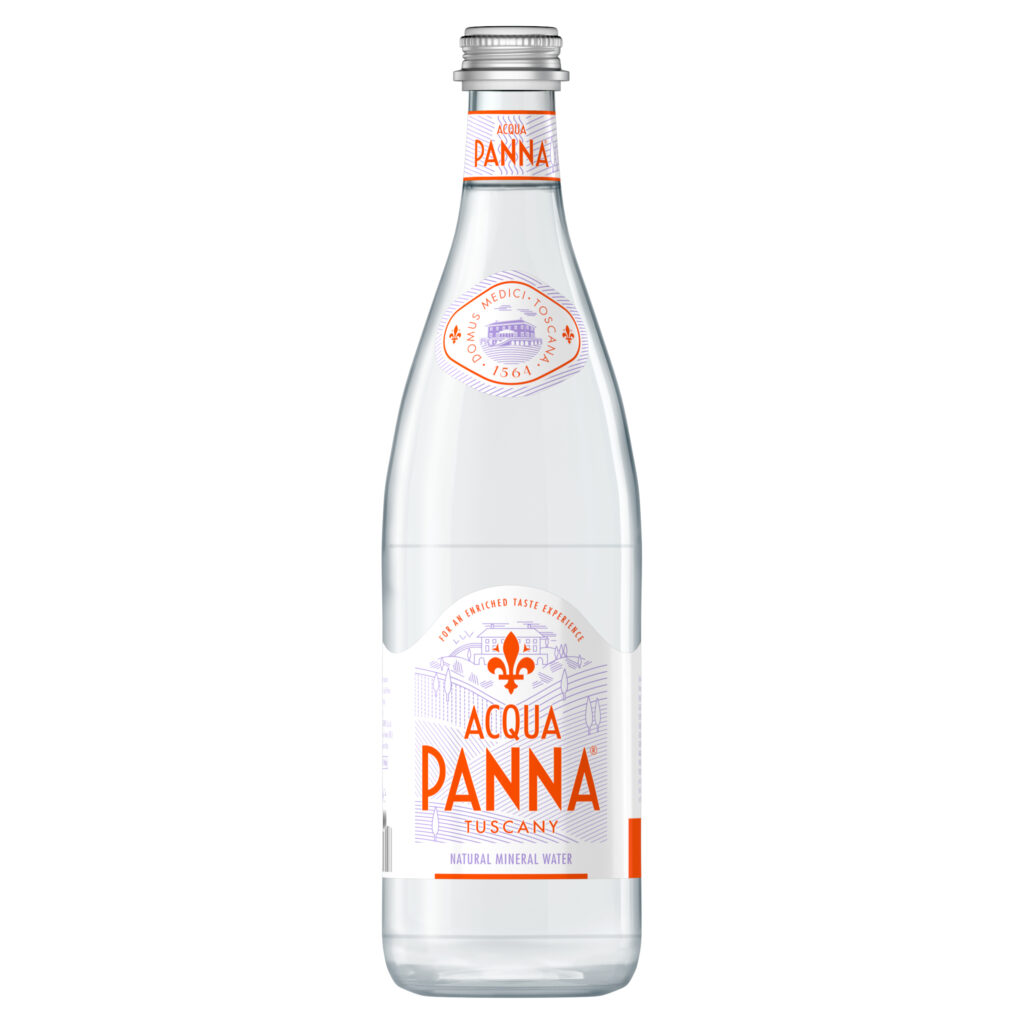
Reduce Inflammation and Stress: 6 Tips
Links between Inflammation & Stress
Inflammation plays a crucial role in biological stress and depression.
The autonomic, or fight or flight, nervous system and hypothalamus-pituitary-adrenal gland cascade responds to various stresses, according to the threat level.
As the level of stress intensifies down the cascade, hormones are released until the adrenal gland is stimulated at the height of the stress cascade.
External & Internal Stress
As a condition or body state, stress is defined as when the whole body is threatened with a life threatening or very important biological imbalance.
Stress as a condition is caused by either external stressors or internal stressors, the two can interlink. Internal stressors are biological stresses or physiological stressors.
In response to stress, external or internal, the adrenal glands release a hormone called cortisol. All stress responses centralise around cortisol hormone production in the adrenals.
Adrenaline is also released in the stress cascade, which is where the name comes from.
Cortisol: The Stress Hormone
Cortisol release from the adrenal gland activates various cell responses, in order to attempt to lessen or overcome the effects of the stress.
This is a useful evolutionary adaptation and cortisol receptors are found throughout the body to communicate whole body responses with the brain.
While elevated cortisol exists as a survival response mechanism, its long term effects can include weight gain.
The cortisol response mechanism generally initiates cell death, preservation of metabolism, other cell survival mode functions and immune system response regulation.
If cortisol is released from an infection, this is a sign to calm the internal immune system response. Largely because the infection is detected and is causing survival level excess cell damage from T cells.
Again, while these responses are all very useful in their circumstances, in modern times stress levels are high for a lot of people. Often people find themselves no longer able to cope. Coping strategies become critically important to brain health and decision making.
Cortisol levels dropping again produces a lessening effect on the stress response, so lowering overall cortisol is an effective stress management system.
Inflammation has a critical role in stress and the progression of stress caused diseases. Many of the major stress outcomes centre around inflammation.
Stress as a condition and various stresses also activate inflammation pathways in the body too.
Inflammation elevates cortisol even further, leading to a higher stress level.
Tackling inflammation is a great way to alleviate the bodily stress one experiences in life, not only as a coping strategy but to reduce cortisol signalling aswell.
This is a route to tackle the root cause, or causes, of the issue.
Inflammation & Depression
There are many emerging studies revealing how there is a connection between inflammation and depression.
Higher levels of inflammation seem to correlate with more severe symptoms of depression. This is a factor which is badly overlooked when it comes to understanding and treating depression.
With over 300 million sufferers of depression globally, it’s crucial to understand any way in which we could possibly improve the condition.
Patients diagnosed with depression have high levels of ‘inflammation markers’ in their blood such as interleukin.
There is a massive number of paths through which these ‘inflammatory markers’ can travel and signal to the brain. They affect the amounts of key ‘happiness’ neurotransmitters like Serotonin and Dopamine within nerve cells (1).
So if inflammation is linked to depression and stress, how can we naturally reduce inflammation within the body?

Our 6 Tips To Reduce Inflammation & Stress
Get Healthy
Studies show that people carrying excess fat tissue release larger quantities of inflammatory cytokines into the blood.
Whereas the same tissues in lean or skinnier individuals secrete anti-inflammatory compounds such as adipokines. Particular depression like symptoms are also associated with insulin resistance. This is thought to be related mostly to a person’s Body Mass Index (BMI) and how much fat tissue their body contains (2)(3)(4).
A long term study connected depression symptoms with insulin resistance, with BMI being the main cause in 23% of cases.
This would indicate that by losing weight, you can reduce the amount of inflammation messengers circulating and help to improve depressive symptoms (5)(6).
By moving towards a leaner body weight you also encourage the release of anti-inflammatory compounds instead in your fat tissues, another potential benefit for helping to fight depression symptoms.
One of the best ways to achieve this is through exercise. This would send the body into a more relaxed state in the long term.
As a bonus you may feel happier in the short term. Exercise releases a flurry of various endorphins and neurotransmitters and could also do wonders for your body confidence.

Eating Better Foods
If you are looking to reduce the inflammation your body is experiencing, a brilliant way to do that is to make sure your diet is as healthy as it can possible be.
The foods we consume have a huge effect on the inflammation. Particular culprits are junk foods and fast foods that also encourage growth of fat tissues. Markers of inflammation, including Interleukins, were found to have increased when eating a typical ‘western diet’.
If you don’t pay attention to the foods you consume, you can end up with a chronically inflamed bowel. This could have a major effect on your mood. Something else to consider is the relationship between gut bacteria and the brain (7). Consuming large quantities of comfort foods, that are associated with depression, is a false economy.
A varied diet encourages a mix of gut bacteria, with particular bacterial cultures heavily contributing to your overall mood.
Eating large amounts of junk food, like heavily refined breads, trigger addictive chemicals to be released. These include opioids that signal to your brain to continue eating those foods (8)(9). Keeping this harmful habitual cycle going of weight gain, stress and depression.
stress: Antioxidants in Food
We can really help our bodies out by changing our diets to cut the amount of inflammatory foods we are eating each day.
Eating fresh fruit and vegetables regularly has been shown to have anti-inflammatory effects compared to ‘typical western diets’. Which may seem like common sense. This is partly because of the array of beneficial nutrients contained within fresh fruit and vegetables, especially antioxidants.
Antioxidants reduce the number of inflammatory and stress causing compounds in the blood.
Eating better in general could also reduce depression like symptoms via a reduced waistline and BMI.
Remember, you are what you eat. Make sure what you are eating is as natural, fresh and healthy as possible.

Get Your Beauty Sleep
Everyone knows that getting adequate sleep is vital for optimal health and overall body functioning. Around 8 hours a night is generally recommended at minimum. Although you can function on much less that that (10).
Some studies have shown a causal relationship between symptoms of depression and lack of sleep through fatigue and cognitive disturbances (11)(12)(13)(14).
In particular, inflammatory cytokines were seen to increase under sleep deprivation and impair cognitive performance. Some depressive symptoms could be made worse like that (15).
Maintaining healthy sleeping patterns could therefore be an excellent way to alleviate inflammation and possibly reduce symptoms of depression.

Reduce External Stresses In Your Life
Stress seems to be a part of modern civilization. While stress itself is natural, the stresses we face today are far removed from that of our evolutionary history.
When the body is under high levels of stress consistently, inflammatory cytokines and other ‘inflammatory markers’ are released into the blood.
That could lead to the onset of depression like symptoms, through the constant triggering of inflammatory pathways (17)(18).
Constantly dealing with stress can also induce fatigue, which again also has effects on inflammation and stress.
Confronting, dealing with and reducing your stress levels could help to improve your depression.
Some people find techniques such as mindfulness meditation to reduce stress, mood disturbances and fatigue (19).
While this technique has been clinically well proven, this is not the only way to reduce stress.
Aromatherapy is another example of a potential way to reduce stress over a short period of time, with one study showing reductions in one specific stress marker using oils from a particular plants (20).

Reduce Inflammation With Vitamin C
One heavily studied vitamin that can help to alleviate inflammation is vitamin C.
An increased intake of Vitamin C via oral consumption of 200mg/day of Vitamin C has been shown to greatly reduce levels of inflammatory compounds in the blood.
It has also been proven that by drinking orange juice, containing high levels of bio-available vitamin C, various inflammatory markers were dramatically reduced.
This action is due to Vitamin C’s antioxidant abilities. Vitamin C is able to neutralise ‘free radicals’, these free radicals can damage the body and cause inflammation via oxidative stress (21)(22) (23)(24)(25).
Through this action it is possible that supplementing with Vitamin C could lead to an indirect alleviation of depression symptoms and also stress.

Alleviate cell stress by Drinking Water
A potential source of inflammation exists through the presence of toxins within the body.
The longer it takes for your body to remove toxins, or even free radicals, the larger the inflammatory stress you will come under (26). Your cells are exceptionally good at removing the toxins and by products of routine metabolic processes. This is very dependent on your water intake (27)(28).
Toxins are excreted through your urine and through your sweat, which is aided by your water intake (29).
Some Vitamins, like Vitamin C are also water soluble so ensure you drink water with your meals.
Ensure you keep on top of your water intake. These are just some of the many ways in which you can naturally reduce the amount of inflammatory markers within your body to possibly reduce depressive symptoms.
Of the points mentioned, I think maintaining a lean body weight, getting healthy sleeping patterns and eating a nutritious and healthy diet are the essentials.
There are a lot of additional health points you can gain from these types of changes.
Conclusions
Here we have covered 6 top tips on reducing inflammation and stress really quickly naturally, from Vitamin C intake to regular water consumption.
Try incorporating these into your daily routines and seeing the effects of each.
Take notes on what works for you and what doesn’t as we all interact differently with our surroundings and have varied lifestyles.




